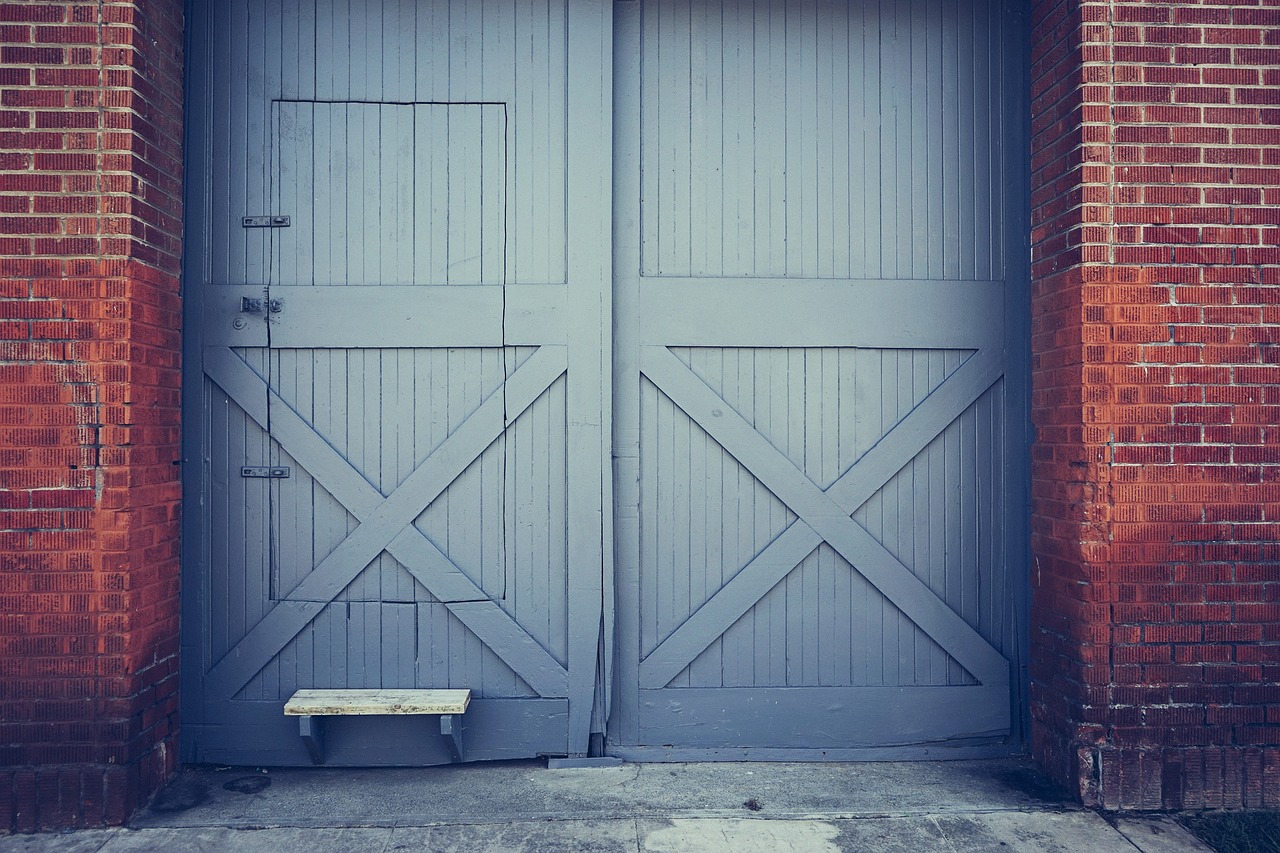DIY Kitchen Renovation: Tips for a Budget-Friendly Upgrade
Taking on a kitchen renovation can be an exciting yet daunting task. It’s important to first assess your needs and goals for the space, whether it’s to create more storage, improve functionality, or simply update the aesthetics. Consider how you currently use the kitchen and what changes could make it more efficient and enjoyable for your daily activities.
Once you have a clear vision in mind, it’s time to start planning the layout and design of your new kitchen. Think about the flow of the space, where appliances will be located, and how you want the overall look to complement the rest of your home. Creating a detailed plan will help ensure a smooth renovation process and help you communicate your ideas effectively to contractors and designers.
Setting a Realistic Budget
During the initial phases of planning your kitchen renovation, one of the key considerations is establishing a realistic budget. This financial framework will guide all decision-making processes and help prevent overspending. It is essential to conduct thorough research to understand the average costs associated with different aspects of a kitchen remodel, such as cabinetry, countertops, flooring, and appliances.
When setting a budget, it is important to factor in not only the material and labor costs but also any unexpected expenses that may arise during the renovation process. Closely examining your financial situation and determining how much you are comfortable spending on the project will ensure that you stay within your means. By setting a realistic budget from the outset, you can prioritize your goals, allocate funds accordingly, and achieve a successful kitchen renovation without financial strain.
How do I determine a realistic budget for my kitchen renovation?
To set a realistic budget for your kitchen renovation, start by researching the average costs of materials, labor, and other expenses in your area. Consider your desired upgrades and prioritize what is most important to you. It’s also a good idea to consult with a contractor for a more accurate estimate.
What are some common expenses to consider when setting a budget for a kitchen renovation?
Some common expenses to consider when setting a budget for a kitchen renovation include cabinets, countertops, appliances, flooring, lighting, plumbing, and labor costs. Don’t forget to factor in any additional costs such as permits and design fees.
How can I save money on my kitchen renovation without sacrificing quality?
To save money on your kitchen renovation without sacrificing quality, consider refurbishing or refacing your existing cabinets instead of replacing them entirely. Shop around for discounted or clearance items for appliances and materials. You can also save on labor costs by doing some of the work yourself, such as painting or demolition.
Should I include a contingency fund in my budget for unexpected expenses?
Yes, it’s always a good idea to include a contingency fund in your budget for unexpected expenses. It’s recommended to set aside at least 10-20% of your total budget for any surprises that may arise during the renovation process.
How can I stick to my budget during the renovation process?
To stick to your budget during the renovation process, track your expenses carefully and make adjustments as needed. Avoid making last-minute changes or additions that can quickly add up. Communicate clearly with your contractor to ensure that you are staying within budget.





